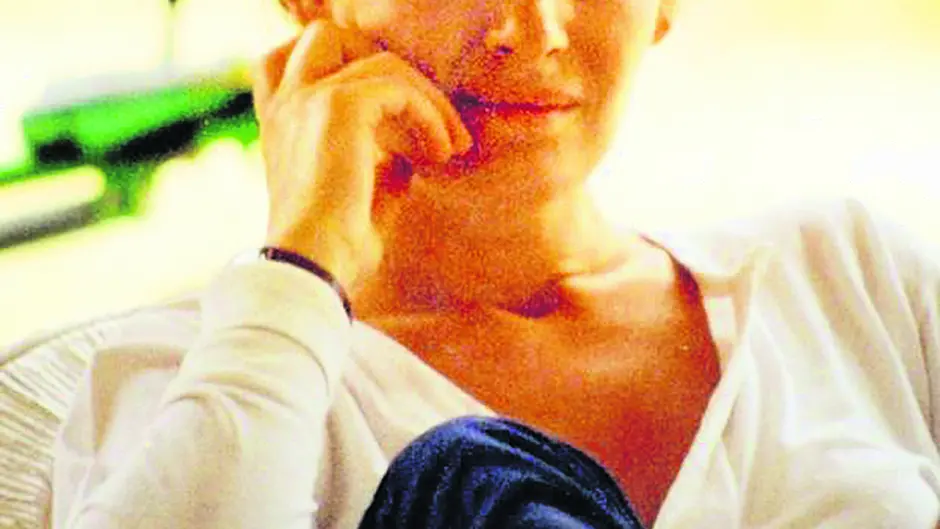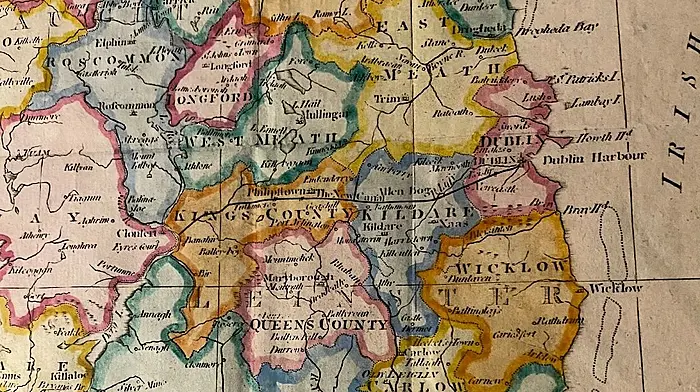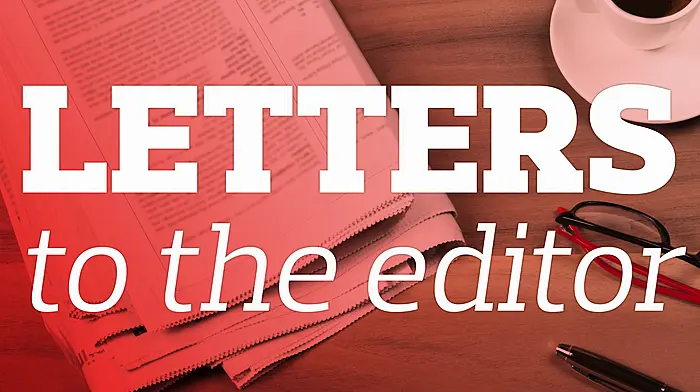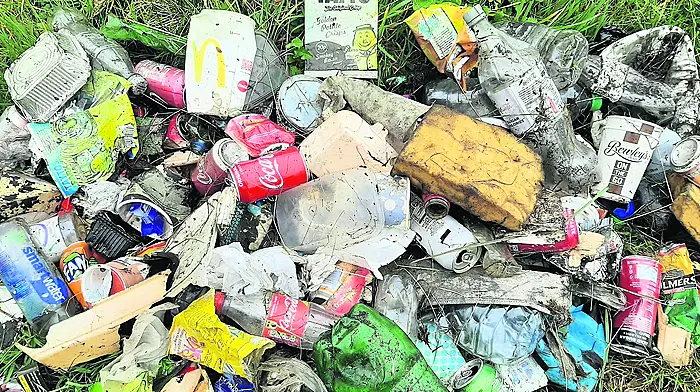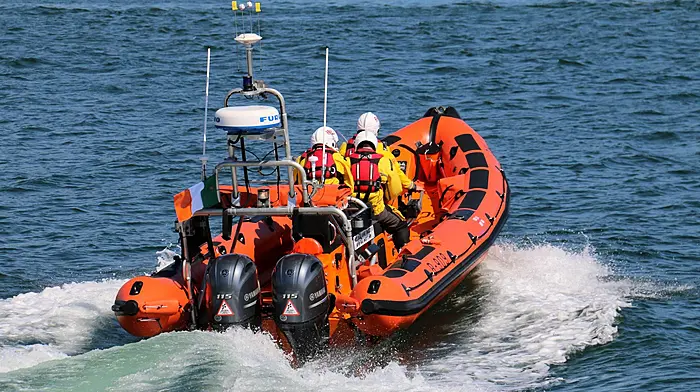Two British writers have spent three years carrying out indepth interviews in Ireland, England and France, as part of a major 13-episode documentary podcast on the brutal murder that divided a community, writes SIOBHÁN CRONIN
Two British writers have spent three years carrying out indepth interviews in Ireland, England and France, as part of a major 13-episode documentary podcast on the brutal murder that divided a community, writes Siobhán Cronin
A MAJOR new documentary on the murder of Frenchwoman Sophie Toscan du Plantier, which took three years to make, will be available later this week to download as a podcast.
The 13-episode series, simply called West Cork, is being launched on Amazon’s Audible app, which has millions of subscribers worldwide.
The documentary has been made by journalist Sam Bungey (The Guardian, The Daily Beast) and his wife, TV documentary maker Jennifer Ford.
Billed as a ‘true crime podcast’ the story takes listeners on a journey to the ‘idyllic Irish town’ of Schull, in 1996, and the aftermath of the unsolved murder of the 39-year-old film producer.
Over three years of extensive interviews and research, the couple have complied a fascinating chronology of the events that led to some of the most high-profile court cases in recent Irish history.
It’s a story that ‘begs to be heard’, as the online poster entices, and the current global appetite for crime stories would suggest West Cork will get a wide audience.
‘We tried to write it in a way that would be fair to everyone,’ Jennifer told The Southern Star. ‘But, of course, there were many challenges coming into it.’
Jennifer says they stumbled on the length of 13 episodes quite by chance. ‘We plotted it out, and every time we wrote it, we kept landing at that number. As it turned out, that is exactly the length that Audible were looking for.’
The episodes vary in length between 27 and 46 minutes each and Jennifer said that even with several hours to cover, the couple still had plenty of material.
They stumbled on the story in a UK paper shortly after getting married – in 2014 – and had been looking for a project to work on together.
‘We had both gone to college in Ireland and I had lived in Dublin for five years,’ explained Sam, ‘so we had been aware of the story, but just in a peripheral way. So we didn’t come to it with an pre-conceived notions.’
Jennifer had actually spent a lot of time in West Cork as a child, where her family rented one of the Colla Road cottages in Schull.
‘My birthday is in July,’ added Jennifer, ‘and so I always got my birthday presents from one of the shops in Schull or nearby – I still have presents bought in the Mizen Head gift shop!’
‘One year before we started making it, we started writing it,’ said Sam, ‘and in the end we came on the idea of telling the story chronologically, because every couple of years, something different was coming out.’
They both agreed that they had toyed with the idea of making a TV documentary instead. ‘But we really were more excited about the idea of a podcast. The episode lengths can vary, and you are not restricted by needing pictures,’ said Sam.
People were, naturally, more forthcoming than they might be on camera, too. ‘Yes, absolutely,’ noted Sam. ‘It was less imposing to be in the kitchen and just to put on a recorder – a camera can be quite intimidating. A lot of people were worried because they felt they had been misrepresented over the years. We gave people space and then went back and talked to them later. With some, it took about a year of coaxing and persuasion. Of course, some people did say no.’
But, overall, said Jennifer, ‘people wanted to talk.’
Despite a few rejections, the list of interviewees is impressive – the couple spoke to all the major players in the subsequent court cases, as well as securing some very illuminating interviews with those involved from day one – including a revealing conversation with garda forensics expert Eugene Gilligan, who was one of the first people on the scene of the murder.
There are also excellent interviews with people from self-confessed suspect Ian Bailey’s UK life, prior to his move to Ireland. Bailey worked as a journalist in Cheltenham, and Jennifer and Sam spoke to people who knew him then.
The podcast format also freed the couple up to spend more time in West Cork. ‘It wasn’t a case of having, say a week of camera time to get everything shot,’ pointed out Jennifer.
She admitted that once some people knew they had already spent about 18 months on the project before talking to them, they were more inclined to take them seriously.
‘We also had the freedom to sit and chat to people for several hours,’ she pointed out.
Sam says that coming to a conclusion on the story was not their goal. ‘We are not investigators, we are journalists. There have been professional people looking at this for years, investigators, police, in Ireland and France. We just wanted to put everything down, but we were also very concerned that it would affect any cases.’ As a result, they had a lot of lawyers looking, naturally, very closely at the final product.
Although not immediately introduced in the documentary, Ian Bailey’s story is, as expected, an integral part of it.
The duo spent many hours speaking to the man who appears to have divided opinion in West Cork, along with his partner Jules Thomas. ‘We really tried to be fair to both sides,’ said Sam. ‘We basically got Ian’s agreement for this, at the same time as we got it from Sophie’s family in France.’
Attempts to get Ian’s former wife in the UK to contribute were unsuccessful, and the couple respected her decision not to get involved.
‘Ian has been criticised for courting attention, but whatever way you look at it, he has had 20 years of this, without having a trial,’ said Sam.
Sam believes that in the years since the murder, there has been a ‘sea change’ in Ireland and that Ian is being viewed in ‘a more sympathetic way’ than in the immediate aftermath of the murder. ‘Now, maybe I am overstating that, but I also feel there is a different view up the country, than in West Cork.’
Sam believes that, at the time, there was a sense of it being ‘the people of Schull versus the blow-ins’, and that the demarcation line has been blurred somewhat in the intervening years.
‘We tried to speak to everyone it touched – because it did affect everyone living there at the time,’ explained Sam. ‘We told them all that we wanted to talk without an agenda. We just wanted to get the full story.’
West Cork is available on Audible in the UK, US and Australia from February 8th.

